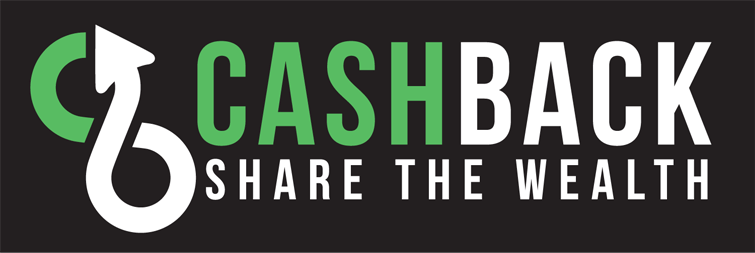
| Back to News |
|
What is Facebook really after?
|
|
January 1st 2012 - If you haven’t noticed, the ‘hooks’ into Facebook’s vast social network are growing each and every day. Almost every single site on the web has a Facebook Like and/or Share button which ties that site’s content into your Facebook page. Can we simply chalk this up to Facebook’s stellar popularity? Actually, this phenomenon is less random and more by design. Facebook’s underlying design scheme is intended to facilitate frictionless sharing; the ease with which you can share online browsing links with your friends via your Facebook wall. Facebook is even further leveraging that data by inserting feeds into your homepage containing the recent links of your friends. However, as interesting as the headline may be, to read on you have to approve that the content provider’s application can be permitted to access your personal information. This seems innocent enough, except that with each approval you are essentially opting in to more advertising and spreading your contact information further and further across the web. Where does it end? That’s really going to be up to Facebook. As a guardian of public trust, Facebook has not demonstrated a stellar track record in protecting its subscribers’ privacy. As a marketing engine however, it has exceeded everyone’s expectations. Therefore, you must ask yourself, “What business is Facebook really in?” Consider that it is free for subscribers to join while on the other side of the equation it delivers guaranteed views and metrics to advertisers for a fairly reasonable cost. The strengths lie where the profit is made! In the pursuit of profit though Facebook could risk falling over the cliff and alienating the subscribers… whose participation in the network is at-will and without commitment. The problem Facebook has to manage is one of content control. While allowing all of these outside content providers to fuel the news feeds Facebook has to simultaneously open up the opportunity for spam and undesired content. Spam and post spoofing has been evident in the last few months and you may have inadvertently fallen victim to it. Illicit and pornographic posts in your news feed seeming to be from one of your friends but that friend credited with the post never actually posted it. This is just one of the back door security fissures Facebook will have to reign in or else risk losing control of the open design of the network. Likewise, even legitimate posts made on your behalf by an outside website is not restricted to simply that one post, but rather your consent authorized the site to perpetually feed news to your friends as a steady stream that if left unchecked ultimately dulls the readers into ignoring the news feed completely… and that would be counterproductive to the entire design. Facebook is keenly intent to continue developing its social networking platform as well as wage its content delivery war against Google. As I’ve mentioned in previous articles, the risk is that without a strong but gentle hand to keep the network from spiraling out of their control, Facebook could find itself becoming the MySpace to Google’s Plus network. Whether it occurs en masse or slowly but irrevocably, such a trend would be the death of Facebook’s lucrative reign. |
8001 Woodland Dr., Indianapolis, IN 46278 info@gohelios.com
Helios, LLC is a division of New Sunshine, LLC. Copyright © 2025. All Rights Reserved. indianapolis web design by: imavex


